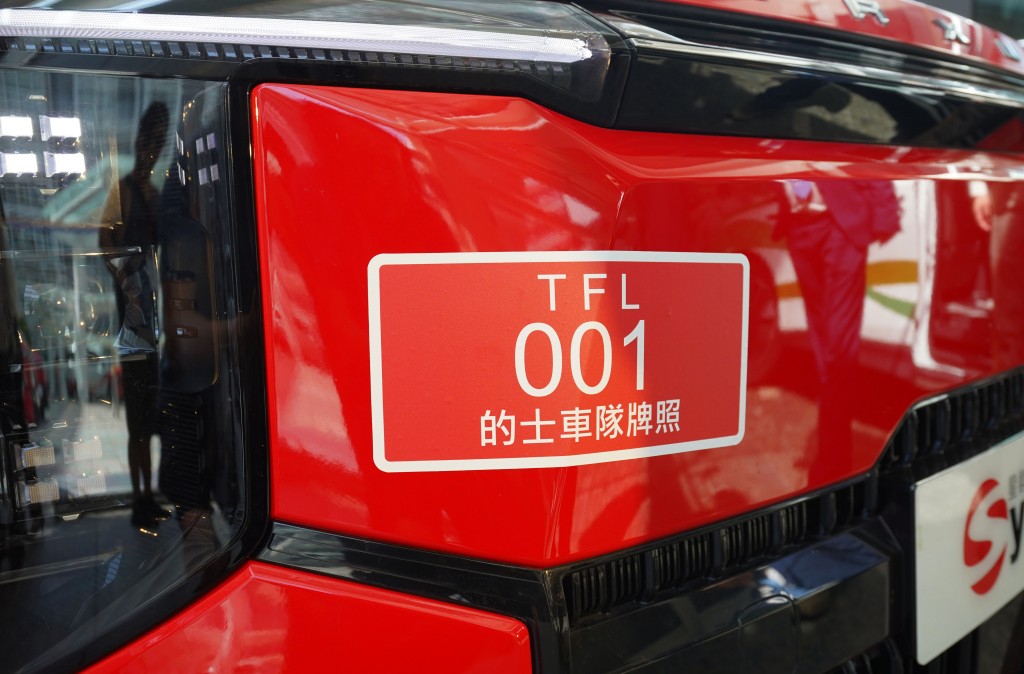Syncab launches Hong Kong’s first licensed AI taxi fleet under TFL001
英文虎報 2025.07.14

Hong Kong’s first officially licensed taxi fleet, SynCab, has started operations with its AI-driven dispatch system under license plate TFL001.
The Transport Department issued a five-year license and designated 80 dedicated taxi stands at 13 key locations including the airport, border crossings and West Kowloon Station.
While the fleet primarily operates on a ride-hailing basis, allowing negotiated fares for pre-booked trips, street-hailed rides will follow standard metered pricing.
The fleet consists of 160 vehicles serving urban areas, the New Territories, and Lantau Island, including premium six-seater taxis that completed around 110,000 trips in the first half of 2025.
At the launch ceremony yesterday, Secretary for Transport and Logistics Mable Chan emphasized the fleet’s role as a benchmark for industry transformation.
Chan also expressed confidence that stringent management and technological integration would bolster public trust, adding, "Competition drives progress – quality service has nothing to fear."
She further announced that the government will introduce a bill within weeks to mandate the installation of in-vehicle cameras, dashboard recorders, and GPS navigation systems in all taxis and drivers will be required to offer electronic payment options.
SynCab founder Sonia Cheng Man-yee noted that the fleet had been in trial since December, though its current size of 160 vehicles falls short of the initial 425-target.
Despite this, Cheng highlighted strong demand, with luxury six-seater taxis recording a 150 percent surge in trips compared to the first quarter, particularly for airport transfers, Shenzhen Bay crossings, and school runs.
SynCab's app calculates dynamic fares using real-time data, offers automatic refunds for delays, and supports multiple e-payment options.
Its AI dispatch system, developed with the University of Hong Kong’s Civil Engineering Department, analyzes demand, taxi availability, and congestion to optimize routes and reduce idle driving.
Fleet drivers also reportedly earn 30 percent more than traditional cabbies. Lai reported increased business, with app-based orders constituting half of all jobs while another driver Choi raised the platform for steady demand.
Meanwhile, sources said the government is about to reveal the details of the regulation framework for online ride-hailing services today.
